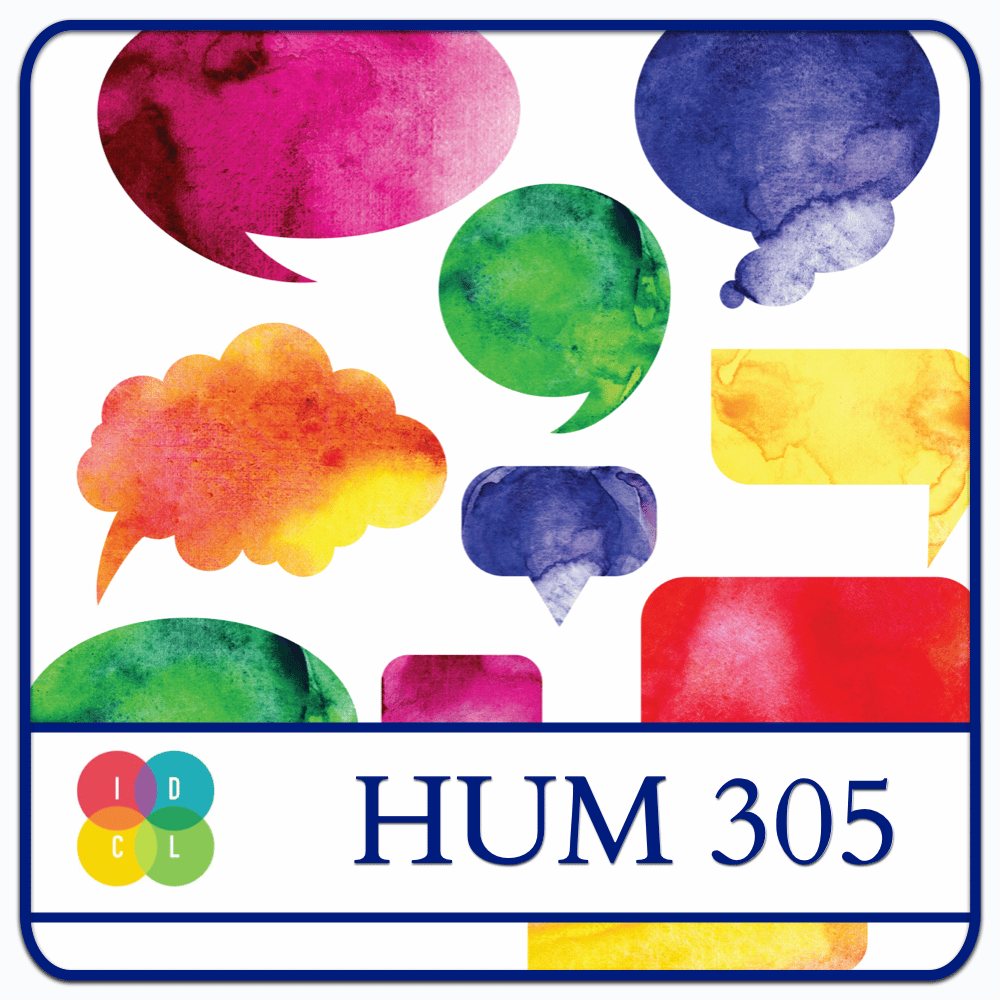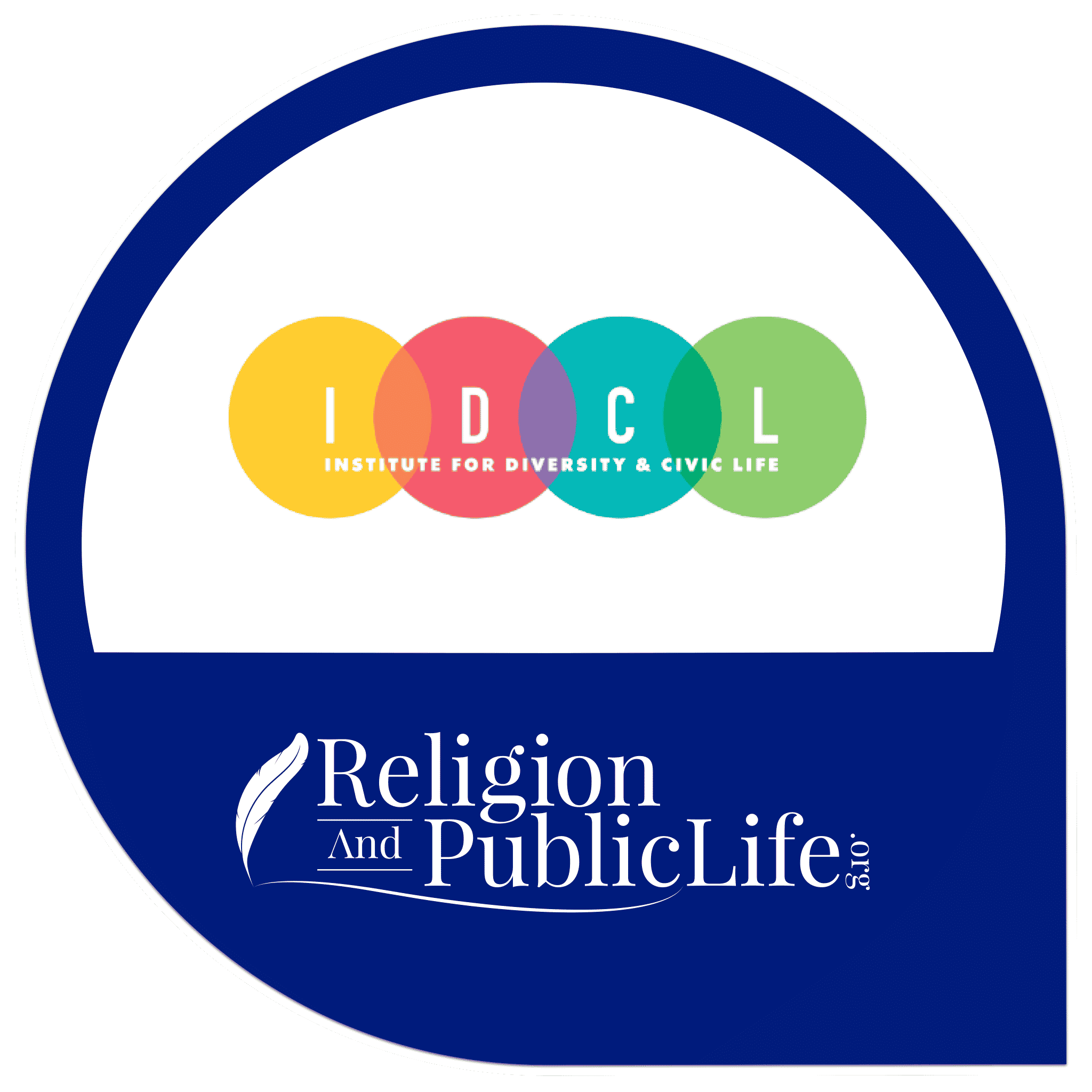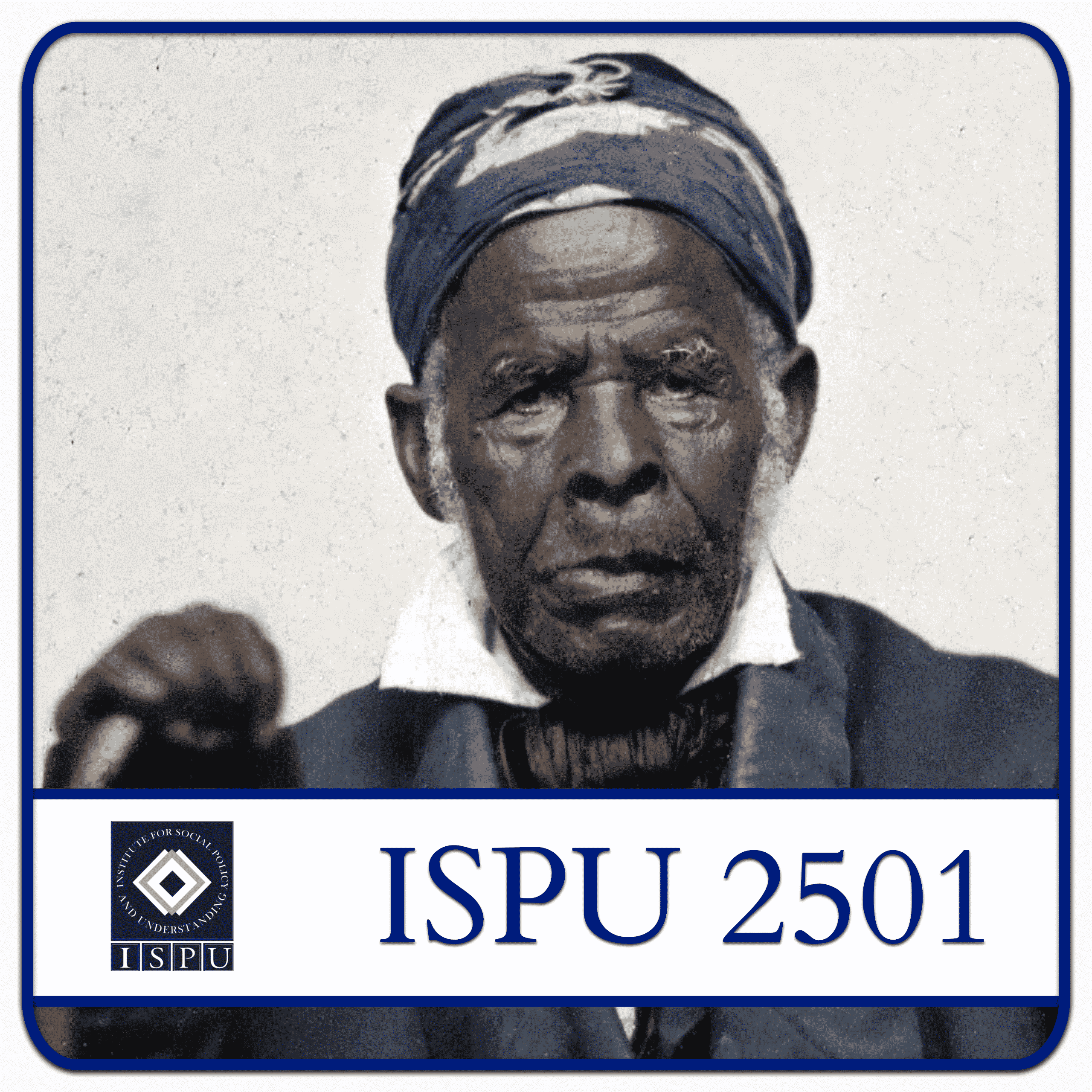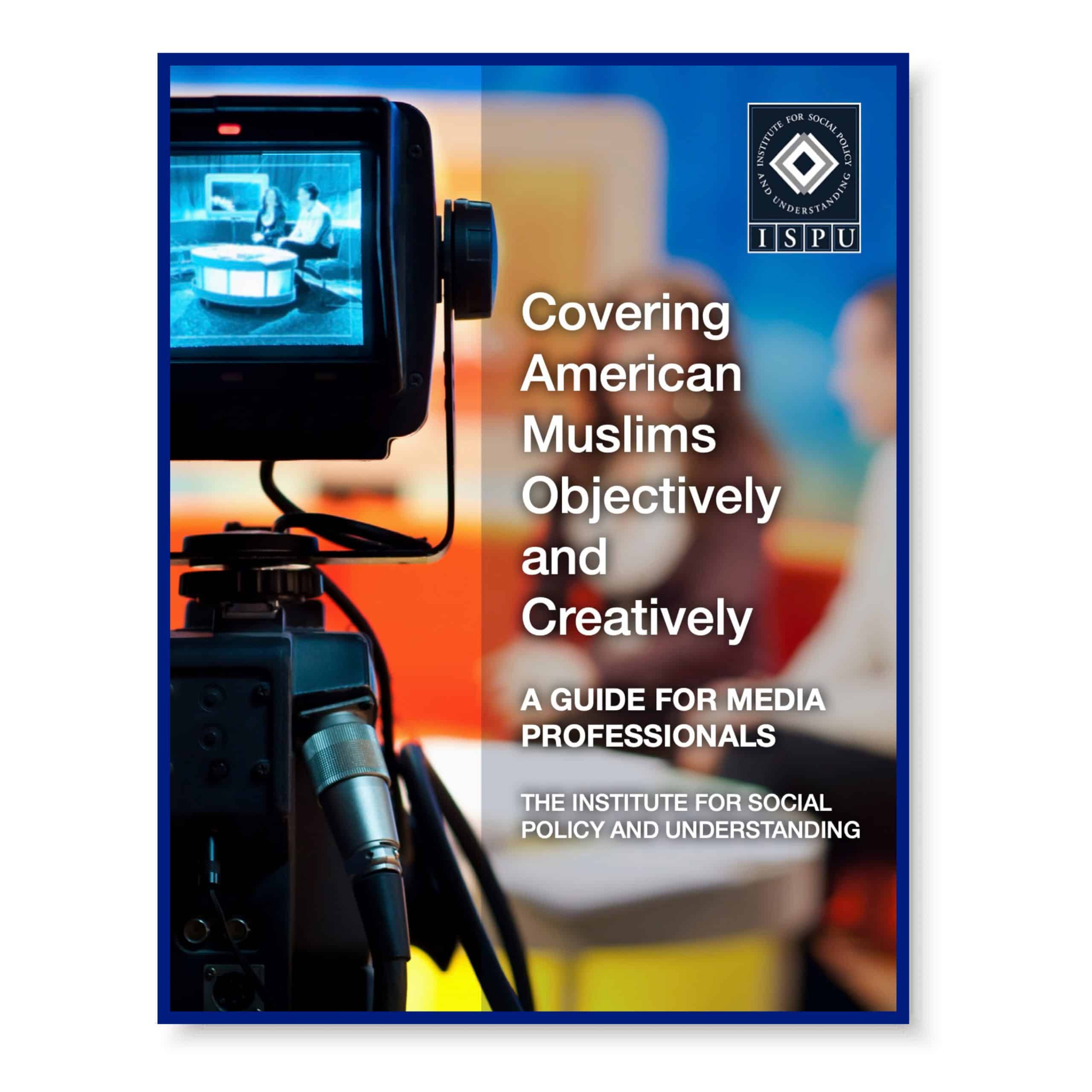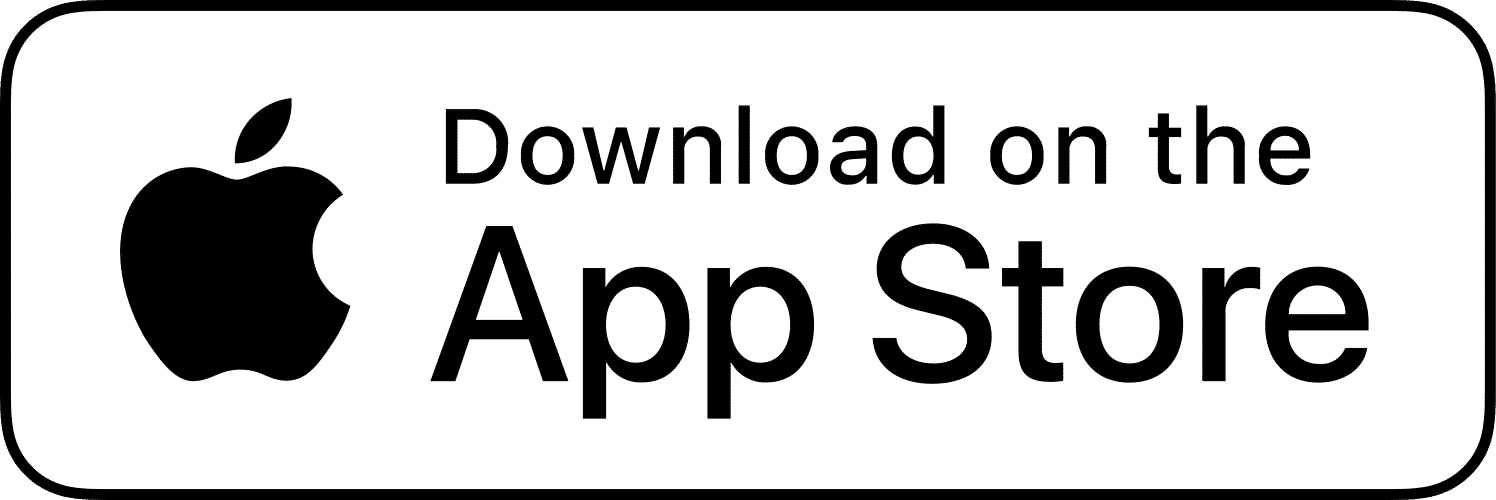Description
Learning Objectives
By successfully completing this course you will
- Understand the purpose and function of an archive;
- Review open source software for organizing archives online;
- Learn to process metadata for an archive;
- Discover best practices for interview transcription; and
- Explore models and best practices for public engagement with an archive.
Syllabus
- 305. W – Watch videos about how to organize, curate, and distribute your archives.
- 305. I – Interact with exercises to refine your transcription techniques.
- 305. S – Study with experts who share important archiving strategies.
- 305. E – Engage your colleagues and share your insights.


